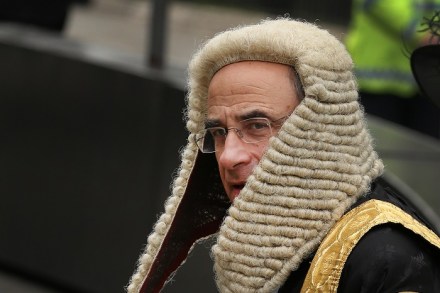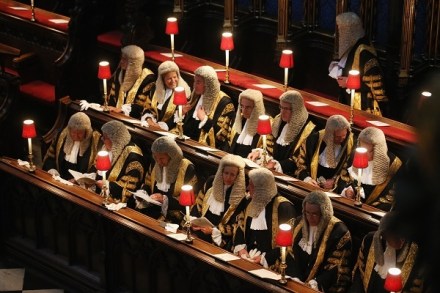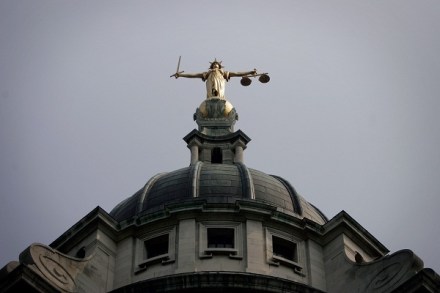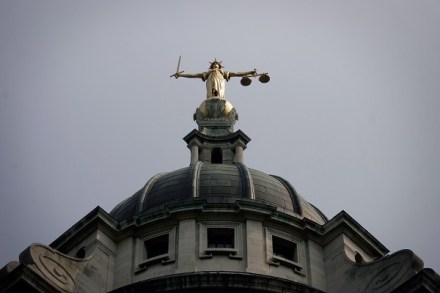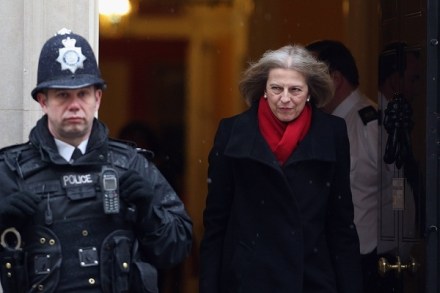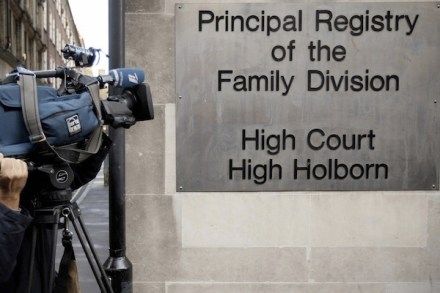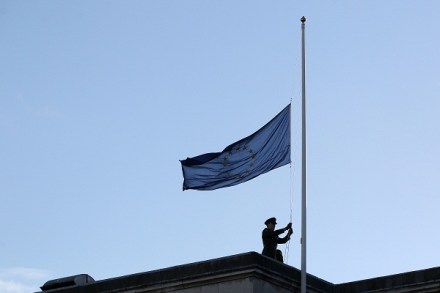Is Sunny Hundal the best person to lecture on journalism?
Farewell then Sunny Hundal. The libellous blogger and tweeter has announced that he is no longer going to keep up his self-published website ‘Liberal Conspiracy’. One reason – far beyond satire – is that he is going to go to the University of Kingston to lecture on journalism. Sunny is perhaps not best placed to inform them on basic journalistic standards. As I have written here before, some years ago Sunny had to pay out and publish a wholesale apology to me after libelling me on his website. On that occasion he published outright falsehoods, though his more typical style has been to settle for selective quotation, misquotation and misrepresentation.



